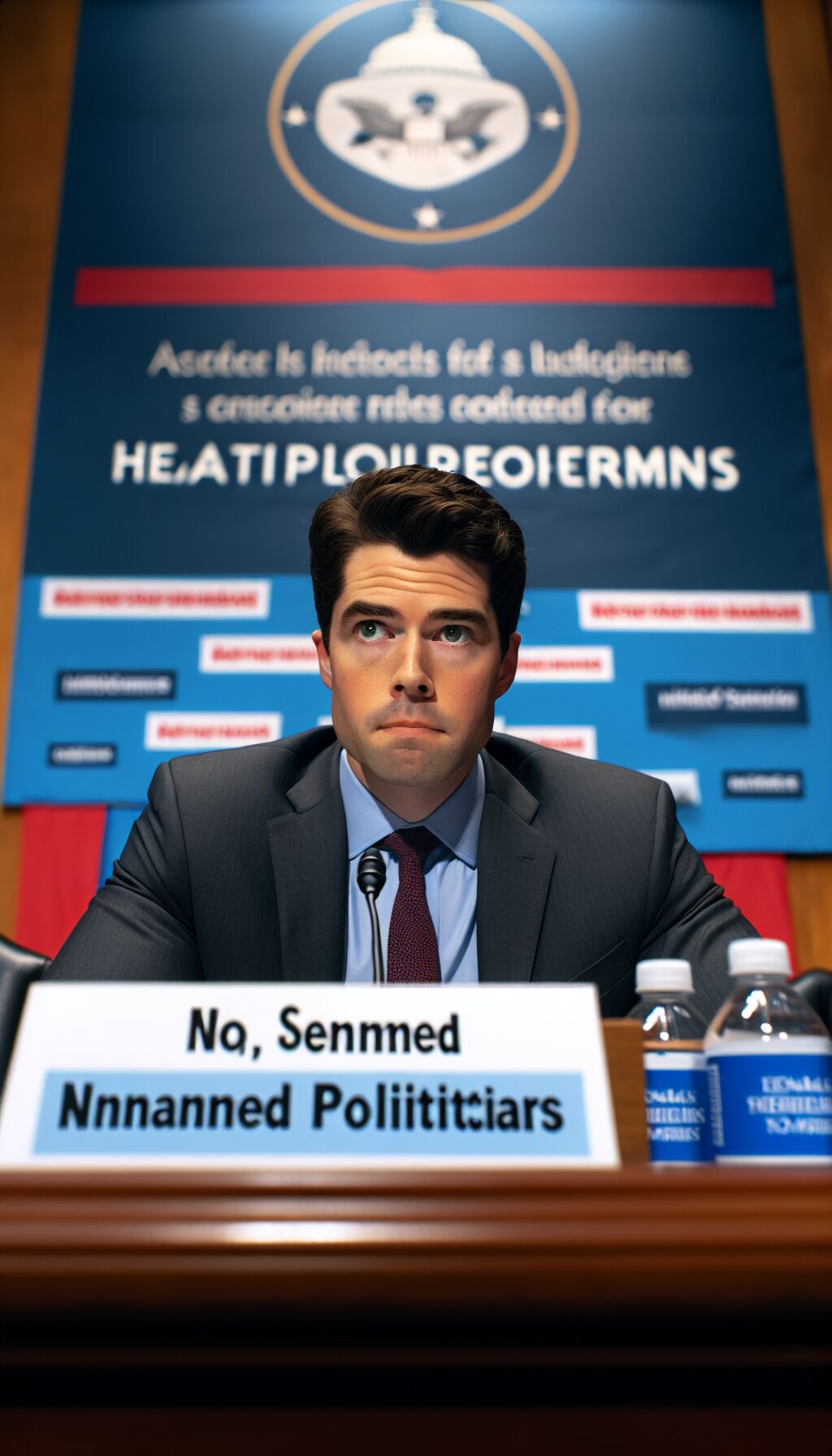Trump’s Controversial Picks Face Senate Confirmation Hearings
As President Donald Trump continues to shape his administration, two of his most controversial nominees are set to undergo back-to-back confirmation hearings in the Senate this week. On the agenda are Robert F. Kennedy Jr., nominated for Secretary of Health and Human Services (HHS), and former Democratic Representative Tulsi Gabbard, selected to lead the Director of National Intelligence (DNI) office.
Key Dates in the Confirmation Process
Kennedy’s confirmation journey will kick off on Wednesday with a hearing before the Senate Finance Committee, which will ultimately cast a vote to decide whether his nomination advances to the full Senate. His hearing will be closely followed by a session on Thursday with the Senate Committee on Health, Education, Labor and Pensions (HELP), although this particular committee will not be voting on the nomination.
Gabbard’s hearing is scheduled for Thursday morning with the Senate Select Committee on Intelligence, a crucial position that has sparked debate on both sides of the aisle.
Controversial Choices in a Divided Senate
Both nominees present a unique challenge for Trump, especially given their backgrounds. Kennedy and Gabbard are former Democrats whose past policy positions raise concerns amongst Republican senators who may question their alignment with key party values.
Kennedy, who has long been vocal about his skepticism toward vaccines and vaccination programs, has become a flashpoint in discussions about public health. His views have caused alarm among some Republican senators who represent constituencies heavily invested in farming and agriculture, raising questions about how his regulatory stance could impact these industries.
Similarly, Gabbard’s previous positions regarding national security have raised bipartisan eyebrows. The DNI role is one of utmost importance in safeguarding national interests, and lawmakers are understandably cautious about potential implications of her past policy decisions.
Steps Toward Moderation
In an effort to allay concerns during their confirmation processes, both Kennedy and Gabbard have endeavored to moderate their narratives. Kennedy has publicly pushed back against allegations of being “anti-vaccine,” stating, “If vaccines are working for somebody, I’m not going to take them away.” He aims to promote informed personal choice based on comprehensive access to data regarding vaccine efficacy and safety.
In a notable shift, Gabbard has recently revised her stance on a controversial government intelligence tool, the Foreign Intelligence Surveillance Act’s (FISA) section 702. This modification has earned her the support of Republican Senator James Lankford from Oklahoma, who confirmed that her change of heart was crucial in his decision-making process regarding her nomination.
Bipartisan Concerns and Support
Though Kennedy and Gabbard have received some Republican backing necessary for their advancement in committee, the support is not universal. Further complicating their path is the broader Senate sentiment—both nominees still face an uphill battle to achieve full confirmation once they clear their initial committee votes.
For instance, while some committee members express a willingness to support Gabbard, others have not yet committed to voting for her nomination. In Kennedy’s case, doubts linger particularly among Republicans with strong agricultural ties who fear that his stance on regulating farming and food production could create unintended consequences.
The Future of Trump’s Nominations
The upcoming confirmation hearings represent a significant moment for Trump’s administration and will set the tone for how controversial nominations are managed going forward. With both Kennedy and Gabbard navigating a political landscape rife with skepticism, these hearings will be critical indicators of their ability to secure confirmation in an increasingly polarized environment.
As the nation watches closely, the outcomes of these hearings not only affect the future of two individuals but also echo the broader tensions and divisions within the current political climate, illustrating the balancing act between party loyalty and the need for qualified leadership in pivotal roles.
Ultimately, the Senate’s decisions on these appointments will reflect not only the qualifications of the nominees but also the willingness of lawmakers from both parties to engage in constructive discourse amidst a backdrop of ongoing political strife.
